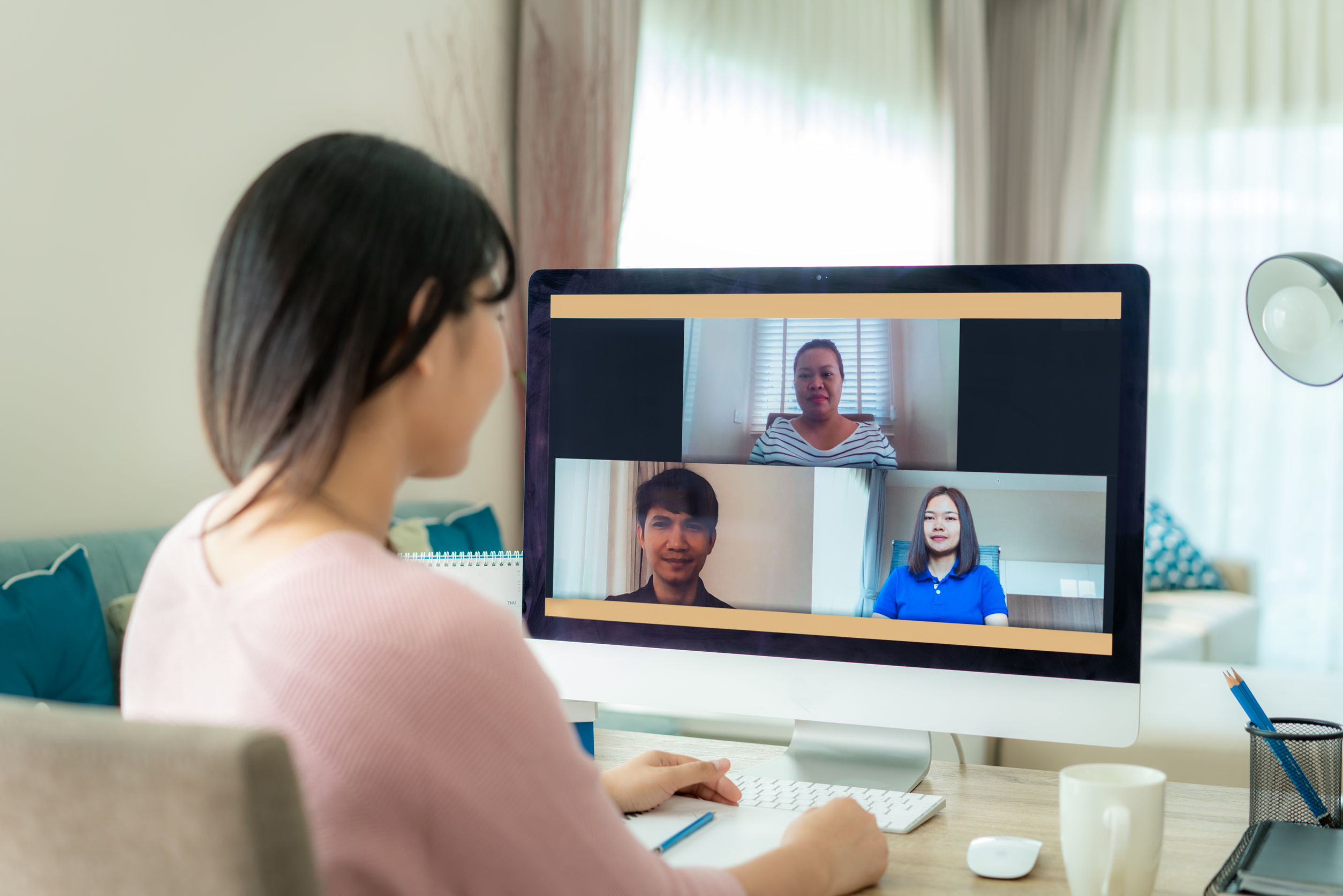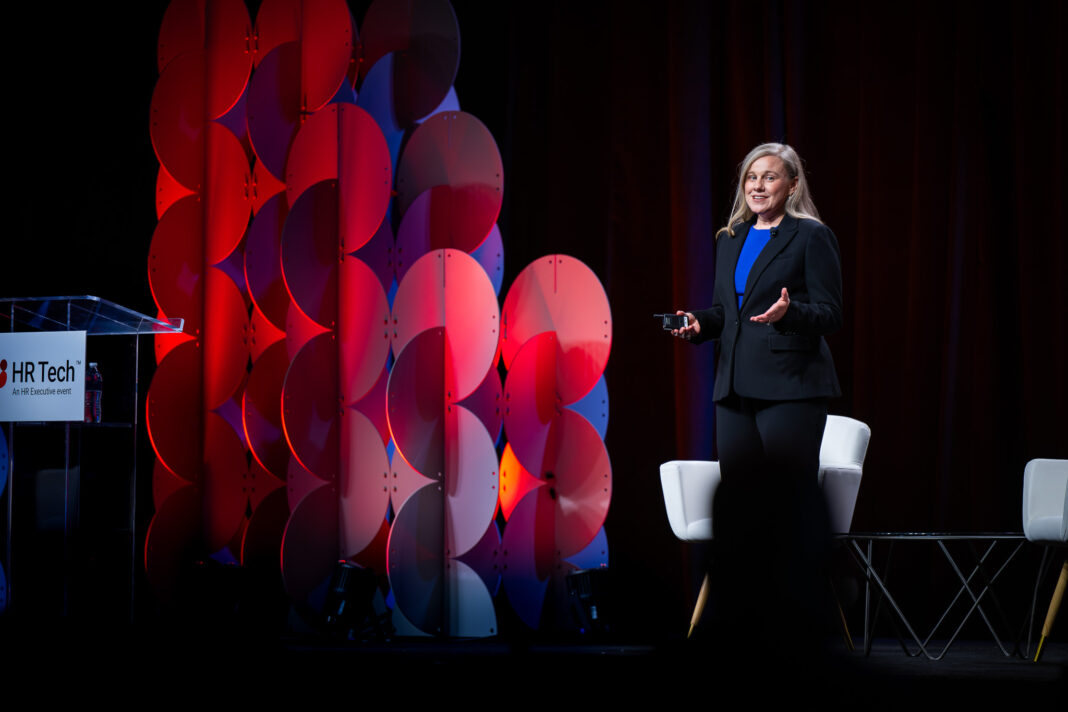10 ways employers can improve their virtual interviews
- Daniel Teo
- Topics: Uncategorized

The COVID-19 pandemic has not only ushered in a new world of remote work, employers are also conducting more candidate interviews remotely.
And with the rise of technology such as video conferencing tools, remote interviews could become a permanent fixture in this new world of work as it helps speed up and make the hiring process more efficient.
However, the challenge for businesses is communicating their employer brand to potential employees they are interviewing through virtual means as they are not physically at the office.
Here are some tips that can help employers better communicate their brand and improve their remote interviewing process:
1. Assess your Employer Value Proposition (EVP)
The first step to effectively communicating your employer brand is assessing your employer value proposition (i.e. the value your employees gain from working at your organisation rather than for a competitor), particularly after a crisis of this scale that has impacted not only the way people work but also their motivations.
“Consider which changes you will need to implement to really resonate with your current and future people in the next era of work – a world which will look very different from before. The key to understanding this is recognising that the pandemic will have left many people with different attitudes to work,” said Grant Torrens, Regional Director for Hays Singapore.
2. Use the right channels to communicate
Gone are the days of the traditional job postings and interviews. With the purpose and values of organisations being important factors for the modern workforce, you might want to revise your job descriptions and ensure the right language, tone of voice, values and purpose are being emphasised.
And given the rise of the younger generation of employees, it is critical to empower your people to tell your organisation’s story and share it with their social networks. It could also be a good idea to consider producing video versions of your job descriptions.
3. Conduct virtual office tours
One of the disadvantages of remote interviews is that the candidates are not able to physically get a feel of the office and its environment. But that can be mitigated by producing a virtual office tour video and send it to the candidate or conduct it live during the interview.
“This may also be a great opportunity for you to highlight how your organisation is changing its environment to ensure the safety and wellbeing of your employees, whilst adhering to social distancing measures,” Grant shared.
4. Record short introductory videos
If you want to stand out and engage the candidates, you can consider recording and sending short introductory videos to the candidates before the remote interview. A video will always have a stronger impact than a regular worded description of the role.
Use this as an opportunity to provide some insight into why they are hiring for the role and the impact it will have on helping the organisation realise its wider organisational purpose. It also adds more of a ‘personal touch’ which will be lacking when conducting interviews virtually.
5. Provide virtual access to the senior leadership team
Previously, when a candidate was interviewing in person, they may have had the chance to meet different members of the senior leadership team, even if just in passing. To help replicate this, consider sending video clips or links to articles in which these senior leaders have been featured.
6. Run virtual coffee intros with your wider team
One of the advantages of having a face-to-face interview is the candidate’s ability to get a feel of the culture of the organisation and even meet the rest of the team. It’s important that this opportunity isn’t lost just because you’re running the interview process remotely. Instead, you could consider inviting your wider team to join towards the end of the interview, or even set up virtual ‘coffee intros’ separately.
7. Incorporate ‘small talk’ into the interview
One of the factors that candidates take into consideration is whether the employer cares for its employees.
“As an employer, you can take this opportunity to demonstrate any values your organisation has around kindness and compassion. Begin the interview by asking how the candidate is, and if they have any concerns about the format of the remote interview before you begin. Encourage the candidate to ask questions throughout and do all you can to put them at ease,” says Grant.
8. Ask different interview questions
Not only have people been irreversibly changed as a result of the COVID-19 crisis, but what you’re looking for from a talent perspective may have also changed. So your interview questions you ask your candidates must change as well.
So, consider whether the questions you’re asking in your remote job interviews need to change too. For example, as hybrid working will become more common, it may be a good idea for you to ask: “Do you prefer to work independently or as part of a team?” You may also want to tailor your questions to assess the candidate’s soft skills, such as adaptability and communication which will become more important in the next era of work.
9. Send sample products or merchandise to applicants
If you’re a company that sells physical products, consider sending a small package of branded merchandise or examples of your products to the candidate. If you’re a service business, think about sending videos or testimonials from your customers to really bring what you do to life for the candidate.
10. Seek feedback on the remote interview process
While this may not be a common practice among employers, it is certainly a good idea to get feedback on their remote interview experience. The more data you have, the better you will be able to improve your remote interview process and attract better candidates.
Increasingly, the opportunities and tools to communicate this will be virtual or remote. By using these with innovation and empathy, organisations can not only bring their employer brand to life when interviewing remotely but attract the right talent and ultimately thrive in the next era of work,” Grant concluded.






